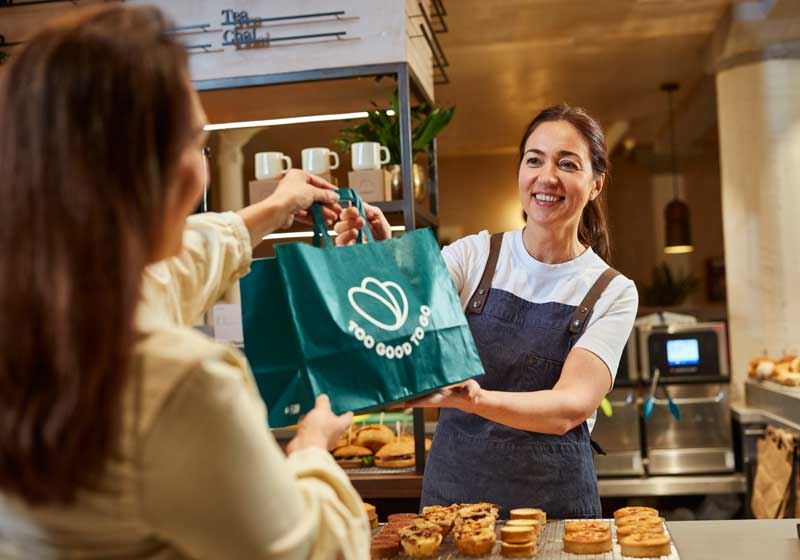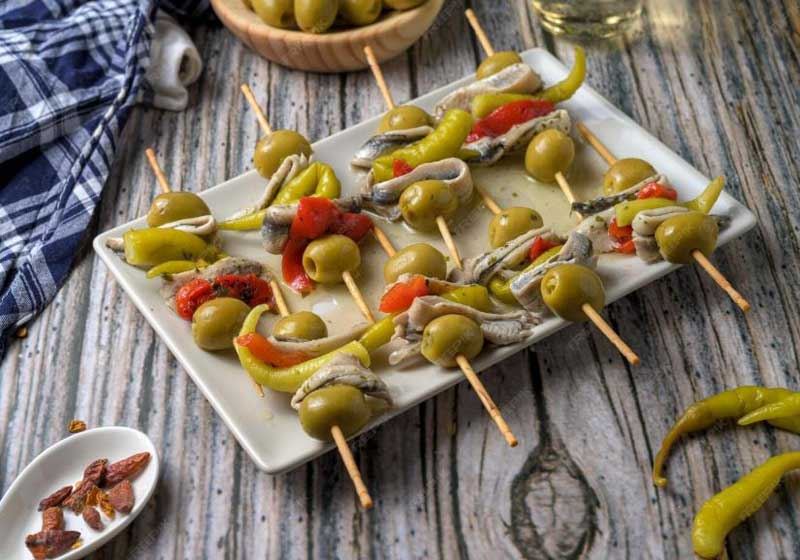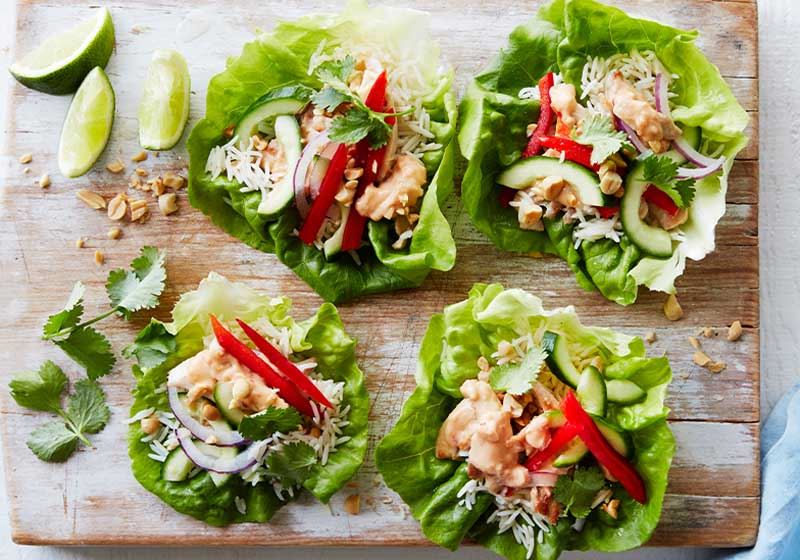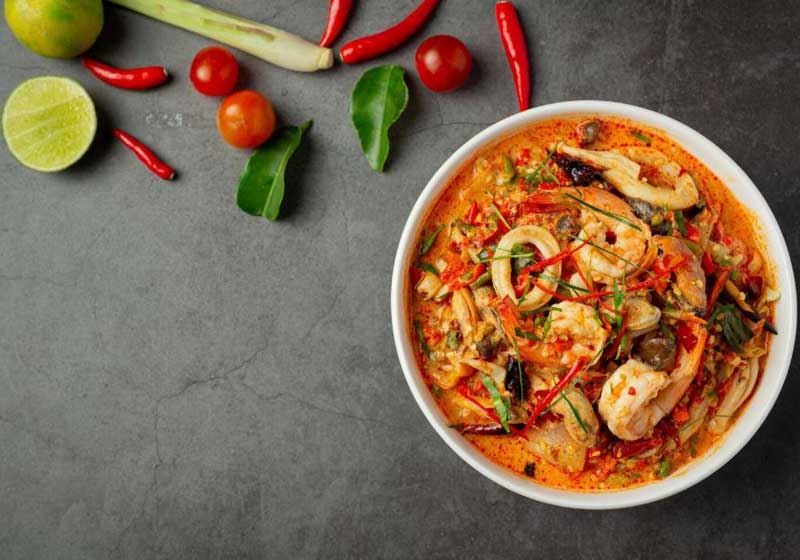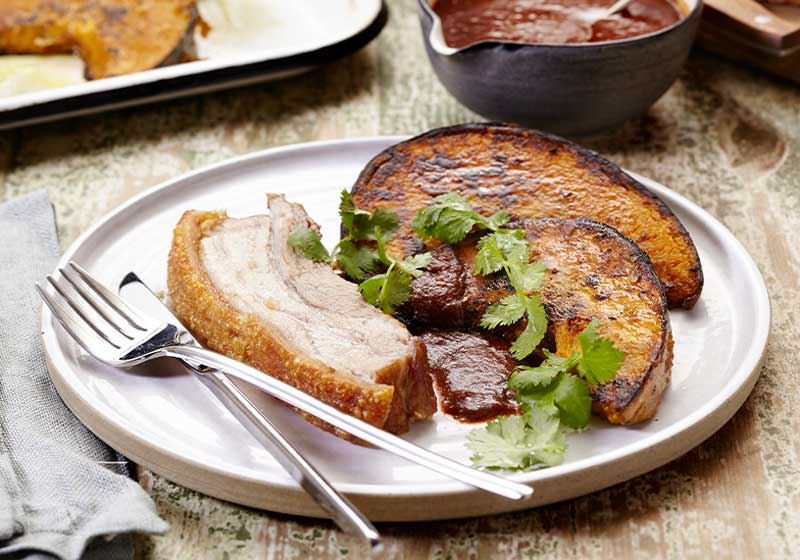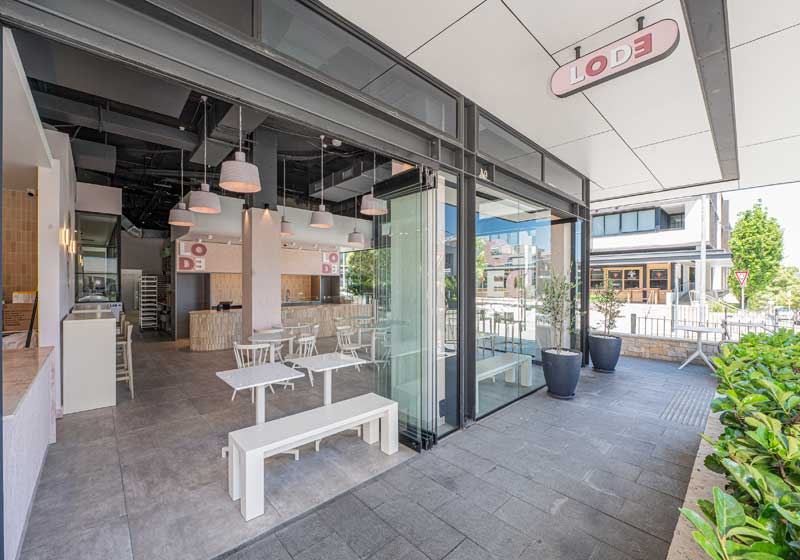By Laura Rancie.
Born from a deep appreciation of simple, minimal designs the Minimaru brand iconically represents the quality Japanese lifestyle in Australia.
Born from a deep appreciation of simple, minimal designs the Minimaru brand iconically represents the quality Japanese lifestyle in Australia.
Minimaru itself is a play on words with 'mini' meaning small, and 'maru' meaning circle in Japanese. It is also synonymous with a mark that means something correct, similar to a tick mark, so Minimaru means the little things in life that are correct and make sense. What is not to love about a store that intentionally calls itself this?
Not long after its 2020 opening, Minimaru was plunged into COVID-19 lockdowns and not just any lockdowns, 'THE' Melbourne lockdowns! Minimaru had to quickly adapt to a new business model and sell products online. Interestingly what it found sold best were products that drew from its Japanese roots.
This experiment allowed it to pivot, albeit unexpectedly into specialising almost exclusively in Japanese products and Minimaru now has Australia’s most diverse range of Japanese kitchenware, with a second store at Chadstone The Fashion Capital.

Minimaru had long noticed that in Australia stores sold entry-level, 100-yen (equivalent to $1) products or high-end boutiques. There was not anywhere that you could find a quality range of Japanese products from everyday essentials to household name brands and artisanal, handmade goods.
Now the company works proudly with dozens of Japanese companies including family-run businesses, to directly import and exclusively distribute a mix of modern and traditional products that would otherwise be difficult to obtain by Australian customers.
Going in-store you will meet the diverse and talented team spanning multi-generations including Japanese expats, Australians with Japanese heritage and those who have previously lived abroad in Japan. The staff are caring, warm and look out for each other – one ritual they honour is that when anyone comes back from a trip to Japan, they always bring a souvenir known as 'omiyage', such as a snack or biscuit from the local region where they visited.

Perhaps it is no surprise that one of the most popular products is influenced by MasterChef Australia; each time an episode airs that uses a hibachi BBQ grill, they are a sell-out in-store. During the lockdown period, ‘shokupan’ (Japanese milk bread) had a huge surge in popularity and is a trend that is still ongoing.
Other popular and quintessentially Japanese items you may find in-store include ‘Yukihira’ pots - perfect for making miso soup - ‘takoyaki’ (octopus ball) pans and ‘tamagoyaki’ (omelette) pans. Lately, Minimaru has brought in traditional pieces such as ‘Nanbu tekki’ Iron teapots and ‘Donabe’ (Japanese clay pots), you can check out our article on how to use a donabe here.
Of particular interest to me, was the ‘Hinoki’ (Japanese cypress) rice storage boxes. If you have not seen these before, they are made from a wood (Hinoki) that has a pleasant scent, naturally repels insects and is moisture resistant.
During the planning phase at the Chadstone store, a key feature requested by the team to the architect, Elvin Tan, was to have a portal entrance with a multi-purpose display area at the front of the store. This showcase area exceeds expectations and remains conducive to easily changing up the displays according to the season, festivities and hosting in-store activations.

One such activation was last October, when they worked with local brand Orbitkey to introduce tidying expert Marie Kondo's Orbitkey x Kon Mari Nest Organiser and the full Orbitkey range. A calligrapher was invited to hot foil and personalise products live on the spot. Minimaru has also collaborated with local favourites, Chayo Japanese Cafe, on several Japanese food promotions and Kori Ice Cream.
When asked about further fun events – we can tease that they involve coffee tastings and food demonstrations, but we cannot divulge anything more just yet! Stay tuned all week as we continue to bring you curiosities from the world of Japan here at The Australian Good Food Guide in collaboration with Minimaru.


